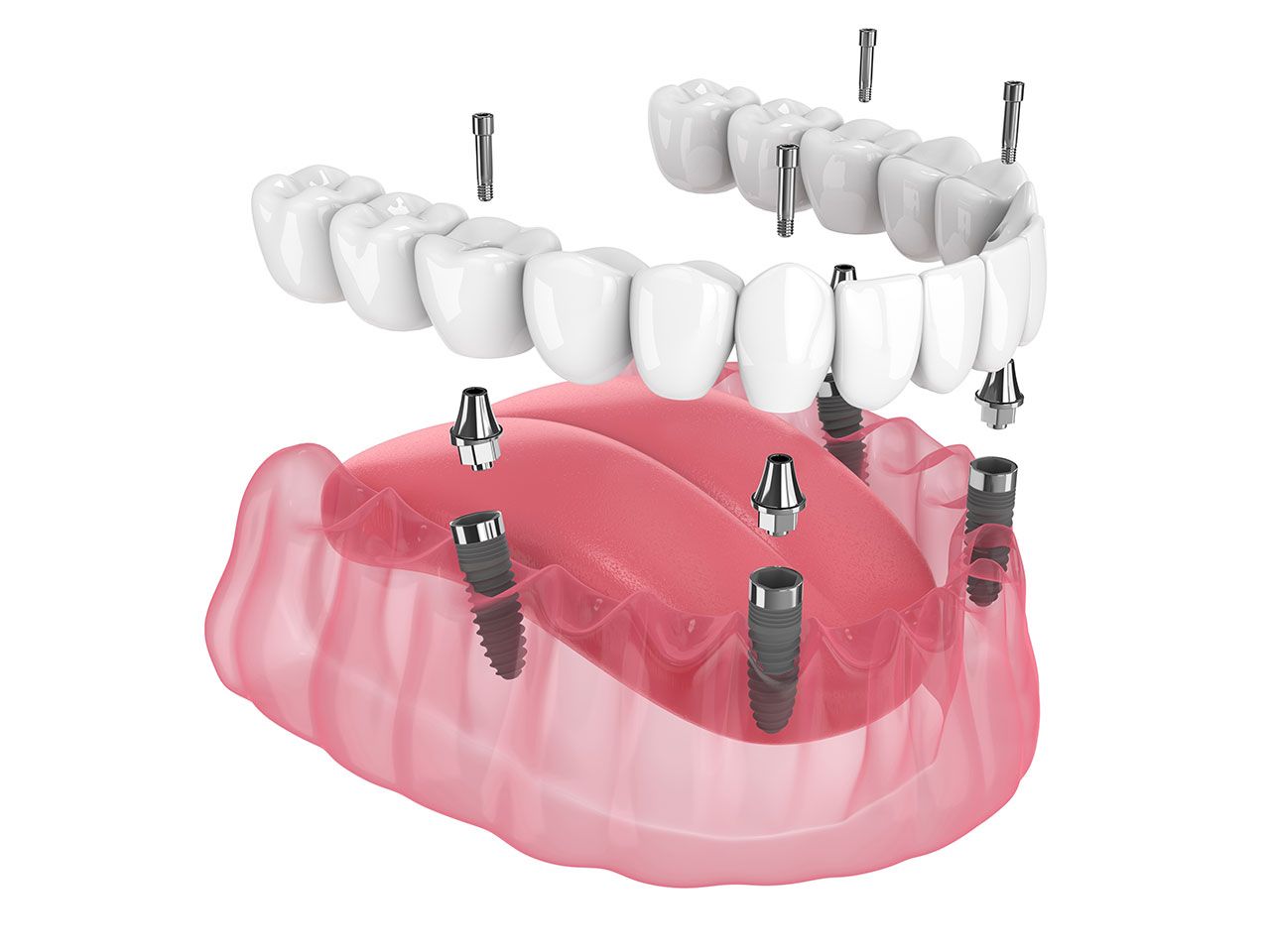Don’t Panic: Common Dental Emergencies and How to Handle Them
When an unexpected toothache strikes or a crown suddenly pops off mid-bite, it’s easy to feel overwhelmed. But what if you knew exactly what to do in those critical first moments? Dental emergencies happen more often than many people realize—and being prepared can make all the difference in preserving your oral health and avoiding unnecessary pain. Whether it’s a knocked-out tooth or a painful infection, understanding the most common dental emergencies and how to handle them can save your smile.
How Do I Know If This Is a Dental Emergency?
Not every dental issue requires an immediate trip to the dentist, but some situations can’t wait. So, how do I know if this is a dental emergency? Here are a few signs you need urgent dental care:
- Severe, persistent tooth pain that doesn’t go away
- Swelling in the gums, face, or jaw
- A knocked-out or loose tooth
- Broken or cracked teeth with exposed nerves
- Uncontrolled bleeding from the mouth
- Signs of infection, such as fever or pus
If any of these symptoms apply, contact a dental professional as soon as possible. Waiting can increase the risk of permanent damage or even impact your overall health.
Top 5 Common Dental Emergencies and How to Handle Them
Let’s take a closer look at some of the most common dental emergencies and how to handle them until you can reach a dentist:
1. Knocked-Out Tooth
If a tooth is completely knocked out, time is critical. Pick up the tooth by the crown (not the root), rinse it gently with water, and try to place it back in the socket. If that’s not possible, store it in a container of milk or saliva and get to a dentist immediately—preferably within 30 minutes. Quick action increases the chance of saving the tooth.
2. Cracked or Broken Tooth
Rinse your mouth with warm water and use a cold compress on the outside of your face to reduce swelling. Avoid chewing on the affected side and contact your dentist right away. Even if the break seems minor, it can expose the sensitive inner layers of the tooth and lead to infection if left untreated.
3. Severe Toothache
Toothaches that persist or worsen could be a sign of infection or decay. Rinse with warm saltwater and use over-the-counter pain relievers to manage discomfort. Never place aspirin directly on the gums—it can burn the tissue. Call your dentist to schedule an urgent appointment to get to the root of the problem.
4. Lost Filling or Crown
If a filling or crown falls out, clean the area and try to keep it protected. Temporary dental cement (available at most pharmacies) can help cover the spot until you get professional care. Don’t chew on that side of your mouth, and bring the crown with you if it’s intact—your dentist may be able to reattach it.
5. Abscess or Infection
Abscesses are serious infections that appear as swollen bumps on the gum and may cause fever, bad breath, or severe pain. Left untreated, they can spread quickly. Rinse with salt water and contact your dentist immediately. This is one emergency where time is of the essence.
The Benefits of Timely Treatment for Dental Emergencies
According to the American Dental Association (ADA), receiving prompt care during a dental emergency not only helps prevent permanent damage but can also reduce treatment costs and complications. Here are key benefits of acting quickly:
- Preservation of natural teeth: Immediate care increases the chances of saving a knocked-out or damaged tooth.
- Pain relief: Emergency dentistry can address the root cause of discomfort, not just mask the symptoms.
- Infection control: Early treatment prevents infections from spreading to other parts of the body.
- Reduced anxiety: Knowing what to do in an emergency brings peace of mind and prevents panic.
As reported in Dental Clinics of North America , untreated dental infections and trauma are linked to more extensive restorative needs down the line. So even if the situation doesn’t feel urgent at first, seeking timely care is always a wise choice.
When to Visit an Emergency Dentist (and Why You Shouldn't Wait)
Even if the pain fades or the issue seems to “settle,” don’t wait it out. Minor symptoms can mask major problems. A cracked tooth might seem manageable, but if the pulp is exposed, infection can set in. Likewise, what starts as a dull ache might be an early sign of an abscess or deep cavity.
Emergency dentists are trained to handle these urgent situations quickly and safely. They can stabilize your condition, relieve pain, and create a plan for long-term care. If you’re ever unsure, call your dental office and describe what’s happening—they can advise whether immediate treatment is needed.
Know the Signs and Act Fast
Dental emergencies can be unsettling, but they don’t have to lead to lasting damage. By knowing the common dental emergencies and how to handle them, you’re already one step ahead. Recognizing when something is wrong—and taking prompt action—can protect your smile and your health.
Still wondering, "how do I know if this is a dental emergency?" Don’t take chances. If you’re in doubt, call Aria Dental of Annapolis. Our caring team is here to help guide you through urgent situations and provide the treatment you need to get back to feeling like yourself again.
Need immediate dental care? Contact Aria Dental of Annapolis at 410-280-5370 or visit us at 1610 West St Ste 202, Annapolis, MD 21401. Your comfort and health are our priority.
Share This Post




